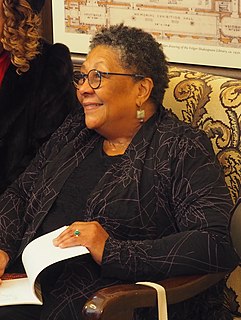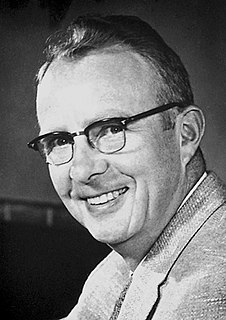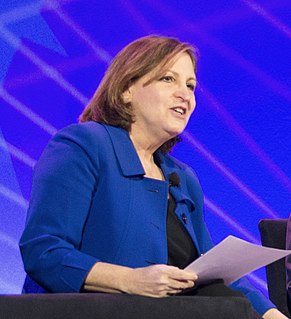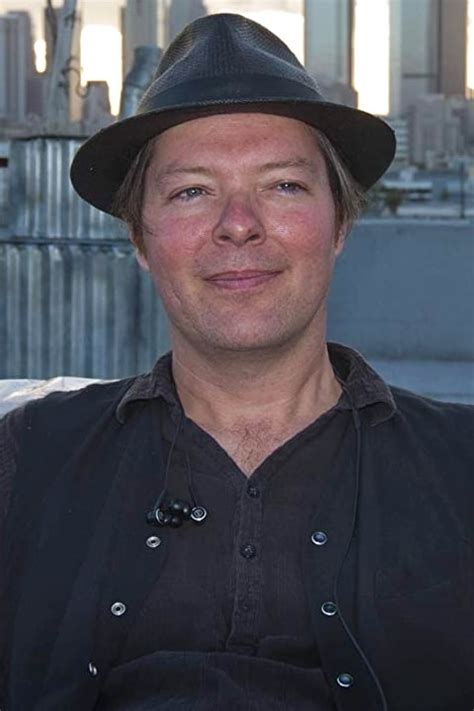A Quote by Marilyn Nelson
For much of my life - my sister and I have talked about this - when we moved, we just thought the world behind us disappeared, and all of the people, they just didn't exist any more.
Related Quotes
It is interesting just generationally that you see that people are much more comfortable, and that's part of life now for this next generation of actors and just people in the world. But for those of us who were living when it didn't exist, being in social media feels like the last thing you want to do .
Gay people exist. There's nothing we can do in public policy that makes more of us exist, or less of us exist. And you guys have been arguing for a generation that public policy ought to essentially demean gay people as a way of expressing disapproval of the fact that we exist, but you don't make any less of us exist. You just are arguing in favor of more discrimination, and more discrimination doesn't make straight people's lives any better.
I would love to just have the work do the talking. We're in positions where people ask us questions; they want to know about more than just the work. And it can go into areas where I've completely shot my mouth off, whether it's too much about my private life or being too opinionated about things in the world. I think the better thing to do - I've learned this from people far wiser than me - is to do very good, quiet work behind closed doors.
I moved here when I was 20 to go to college. After I moved here, I became much more aware of the importance of the culture and literature to my life. Sometimes when you're immersed in something, you just don't notice it very much. Moving away makes you appreciate your culture. Living here, I've thought more and more about India, and what being Indian-American means to me. And it's made me incorporate things from Indian literature into my own writing.
Other presidents behind the scenes mutter epithets about the media. Donald Trump calls us the lowest form of human life to our face. Other presidents tried their best to go around the media that they don't think are expressing their views. President Trump just is - is just very, very vocal about that and much more - spends much more time being vocal about that.
I talked about the human suffering in Iraq. And I also saw the need to advance a freedom agenda. Imagine a world in which Saddam Hussein was there, stirring up even more trouble in a part of the world that had so much resentment and so much hatred that people came and killed 3,000 of our citizens. I've heard this theory about everything was just fine until we arrived and the stir-up-the-hornet's- nest theory. It just doesn't hold water, as far as I'm concerned. The terrorists attacked us and killed 3,000 of our citizens before we started the freedom agenda in the Middle East.
I was approached by the filmmakers. I didn't know much about the project ["Selling Isobel"], and the more we talked, the more they started to confide in me. I read the script and thought it was really interesting, and then a week later I discovered that this wasn't just any old script, this was actually Frida's [Farell] story and she was trusting me to tell it. I felt very privileged.
It really started after The Long Kiss Goodnight sold for just a sinful amount of money. People were angry that I took the money. People offer you $4 million for a script - what are you going to say? "No, I'd rather sell it for $100,000"? But it engendered so much anger, I lost friends over it. And no one talked about the creative content of anything I did any more. They all just assumed I was this guy with a formula, a hack formula.
We have African-Americans and black people getting behind the scenes more and more, we get true black images in television and film...because we have black people behind them. They can tell stories from those points of view and bring to life those characters who have yet to be shown. As long as we have people behind the camera just as much as in front of the camera doing the work, then we'll always be good.







































